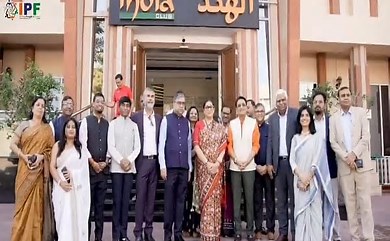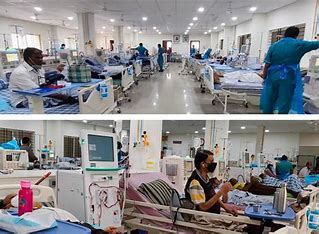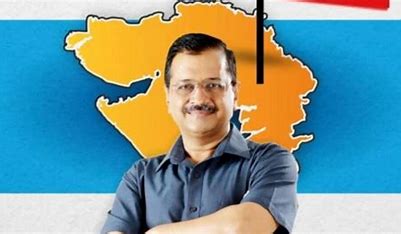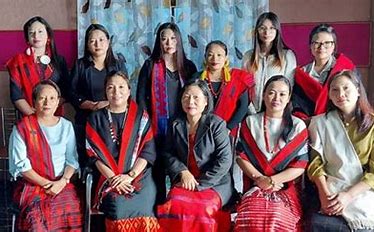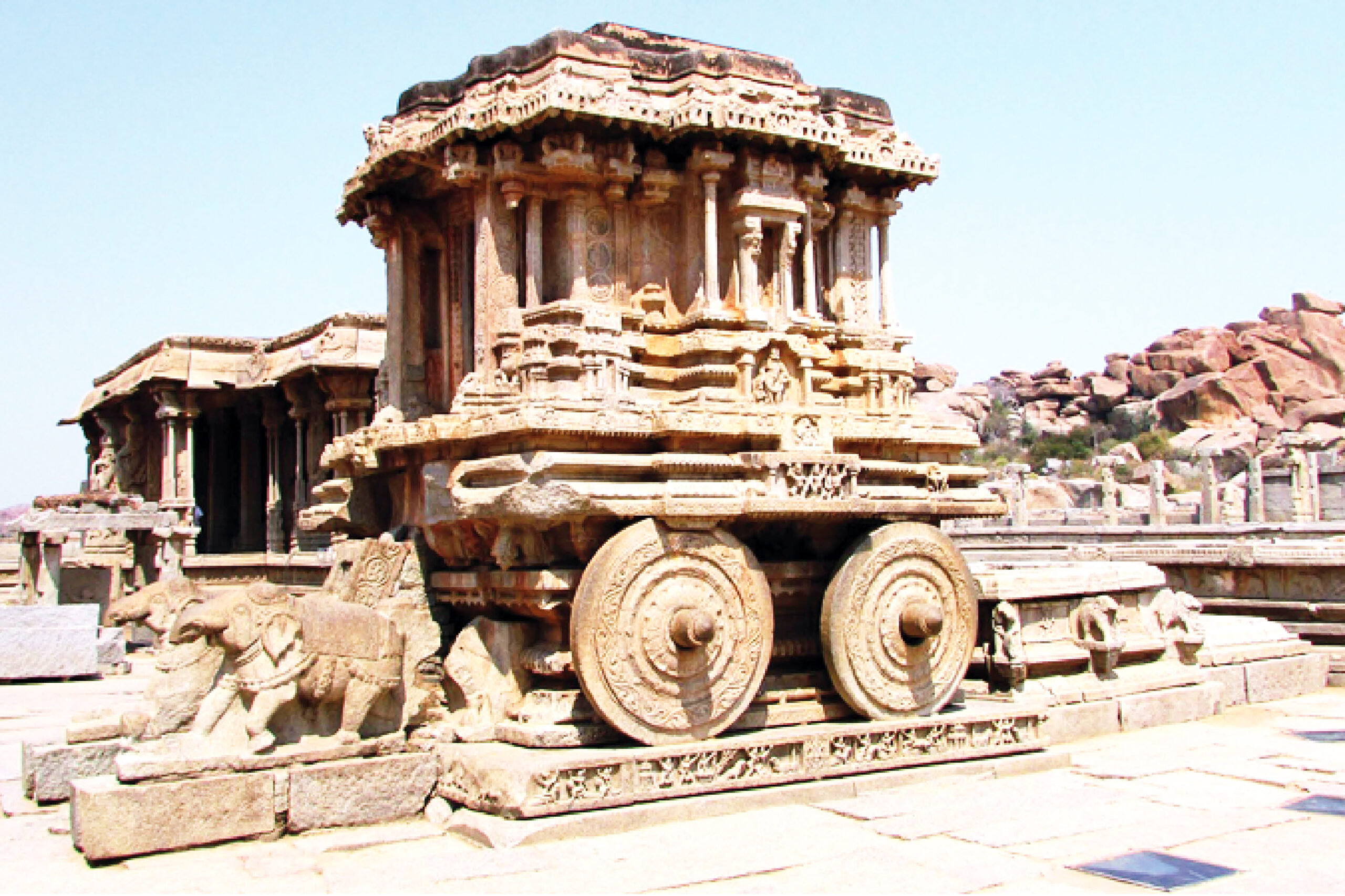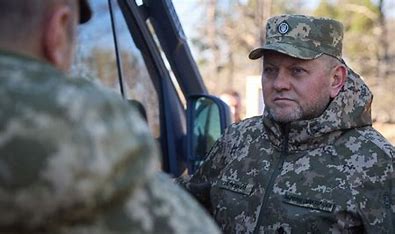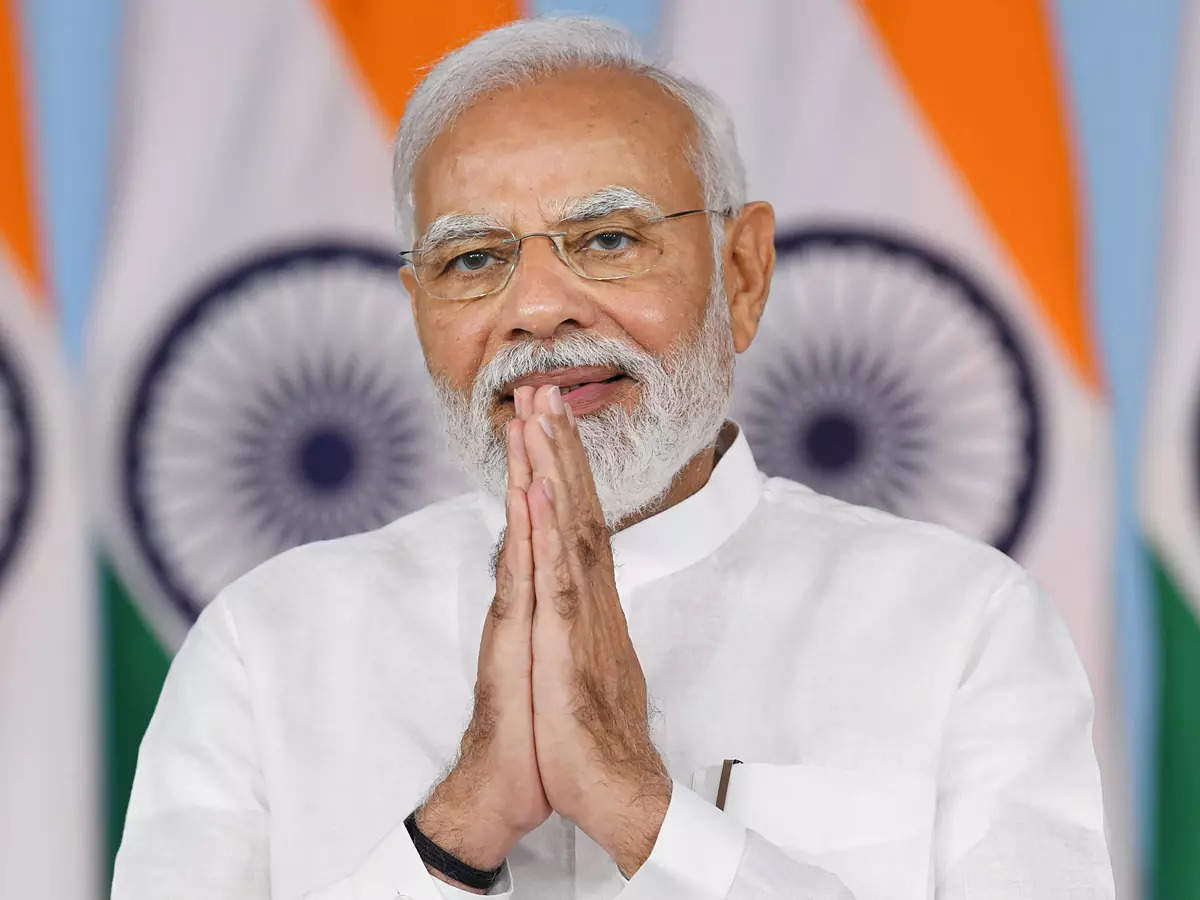
Prime Minister and President of the Nepali Congress Sher Bahadur Deuba on Wednesday was elected for the consecutive 7th time from the home district of Dhankuta.
PM of the caretaker government got 25 thousand 534 votes and defeated his competitor Sagar Dhakal, who garnered 13 thousand and 42 votes for the post of member of the House of Representatives. The counting of votes started on Monday for the parliamentary and provincial elections held in Nepal on 20th November .
Nepal has recorded a low voter turnout of 61 per cent for the elections to the House of Representatives and Provincial Assembly held on Sunday. According to Nepal’s Election Commission, around 61 per cent of voters cast their votes in the parliamentary and provincial polls held on 20th November.
Addressing a press briefing on 20th November, Nepal’s Chief Election Commissioner Dinesh Kumar Thapaliya said that 61 per cent voter turnout was based on the preliminary data.
Thapaliya stated that the percentage could increase when all the data is gathered. However, he noted, “However, this voter turnout is less than what the EC had expected.” He said that elections were held peacefully across the nation except for some incidents of violence.
Nepali voters headed for the periodic general election with the hope of a “stable government and development.”
It is the second general election since the promulgation of the constitution in 2015.
The earlier round of the elections conducted in 2017 failed to meet the expectations of Nepali voters as the government didn’t last for long.
With two house dissolution attempts by the then Prime Minister KP Sharma Oli, Nepal plunged into a political crisis and chaos.
Notably, 2412 candidates are contesting for the House of Representatives under the First-Past-The-Post system (FPTP) while 2,199 candidates are vying for Proportional Representation (PR). Furthermore, 3,224 candidates are running under the Province Assembly under the FPTP system, and 3,708 under PR.
A total of 80,567,500 ballot papers were printed and transported to the designated polling centres for the twin elections. A team of the body to manage elections including chief election commissioners of neighbouring India, Bhutan, Bangladesh and Maldives and election commissioners of Sri Lanka and South Korea observed the voting.
